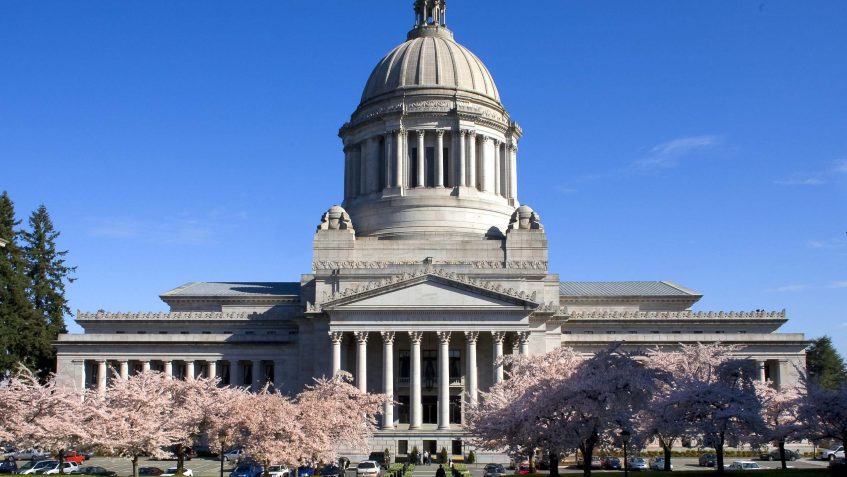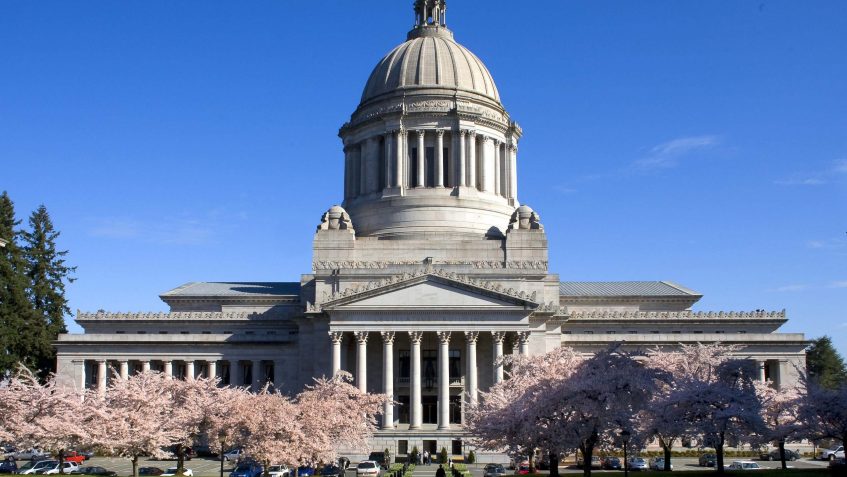Senate budget would fund first-in-the-nation study of ibogaine treatment for opioid use disorder
Home / News Release / Senate budget would fund first-in-the-nation study of ibogaine treatment for opioid use disorder

A proviso in the Washington Legislature’s supplemental operating budget would direct $250,000 to establish the nation’s first state-funded study into the use of ibogaine for treatment of opioid use disorder (OUD). Ibogaine is the only substance in the world known to allow a person to skip most of the withdrawals from opiates.
Ibogaine is a naturally occurring psychedelic plant medicine derived from the west African shrub iboga. Early research indicates that ibogaine treatment could be a cheaper, more effective option for patients suffering from opioid use disorder,” said Sen. Jesse Salomon (D-Shoreline), who introduced the proviso. “With our state and our country suffering from a crippling fentanyl and opioid crisis, we don’t have the luxury of ignoring promising new treatment options.”
A UC Davis study comparing ibogaine to buprenorphine, one of the most popular drugs used for medication-assisted treatment of OUD, found ibogaine 30% more effective at reducing opioid use while causing fewer side effects.
If signed by the governor, the proviso would make Washington the first state to fund research into ibogaine treatment, which would be conducted by the University of Washington Center for Novel Therapeutics in Addiction Psychiatry.
The Kentucky Opioid Abatement Commission, under its former Executive Director Bryan Hubbard, had publicly considered using some of the state’s opioid lawsuit settlement funds to research ibogaine treatment. However, the state’s Attorney General eventually decided to use the money elsewhere.
“This Kentucky Republican stands in proud support of Washington’s effort to fund an ibogaine study,” said Hubbard. “This is the only known substance which can heal the intractable neurochemical brain injury caused by opioid dependence. Government has a moral imperative to directly support its intensive research and therapeutic development. I’m thankful that the Kentucky effort ignited motivation elsewhere to help make ibogaine access a reality.”
As the commission explored its plan to invest in ibogaine treatment, many individuals who had achieved sobriety through ibogaine came forward to share their stories.
“I consider my life pre-ibogaine and post-ibogaine,” said Paria Zandi, a family therapist from Los Angeles. “The best way I can explain it is ibogaine gave me a fresh pair of eyes with which to see the world and myself; this year I’ll be ten years sober.”
“I tried every traditional treatment that was out there,” said Jessica Blackburn, who described multiple unsuccessful attempts at sobriety through rehabilitation centers using buprenorphine and methadone treatment before successfully achieving sobriety with ibogaine. “My first treatment gave me years of freedom. I no longer felt powerless, and I’ve never felt powerless since.”
Studies show that the most cited reason for opioid relapse is a desire to escape a depressive mood followed closely by a desire to escape the physical effects of withdrawal, such as difficulty sleeping.
“The existing treatments we have for opioid use disorder have insufficient rates of efficacy,” said Juliana Mulligan, a psychotherapist and ibogaine treatment specialist. “Our existing treatments don’t address the neurochemical imbalances that result from long-term opioid use, leaving people to suffer with mental health issues and severe withdrawal, which could be treated with a neuroregenerative medicine like ibogaine. This is the only substance in the world that allows a person to skip most of the withdrawal; it needs to be investigated.”
“Ibogaine shows real promise as another tool for treating opioid addiction, but unlike other treatments, ibogaine only needs to be administered once or twice to effectively treat the underlying condition. So there is not much interest from pharmaceutical companies to invest in bringing this medicine to market,” Salomon said. “The responsibility falls to us; it is time to act in the best interest of Washingtonians and Americans by funding research into ibogaine treatment. This could be transformative.”
Having passed the House and Senate, the budget is currently awaiting the governor’s signature.


No responses yet